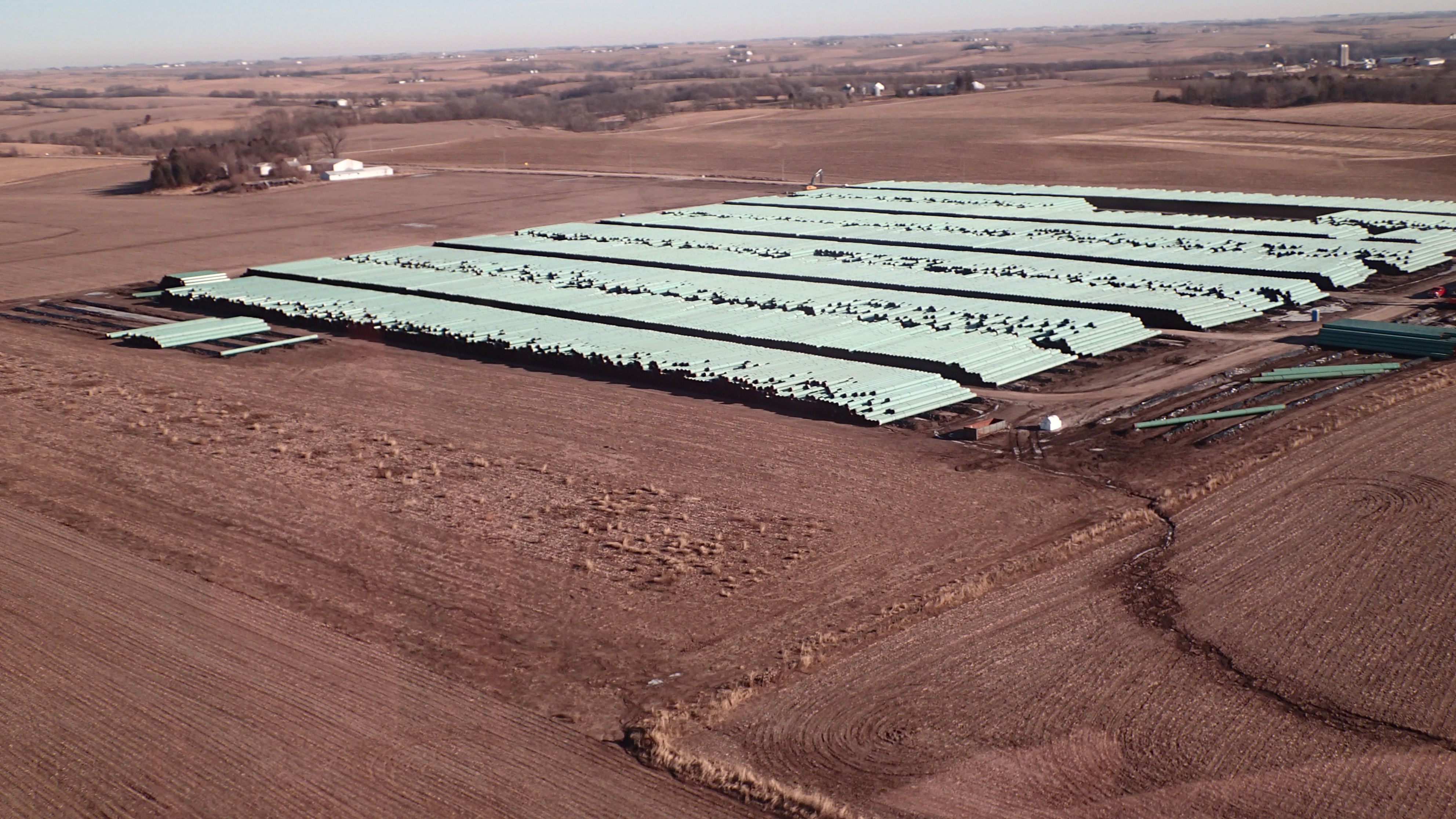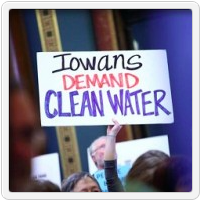The Iowa Department of Natural Resources amended a permit to allow Dakota Access to run the Bakken pipeline under a sensitive area in the Big Sioux River Wildlife Management Area, William Petroski reported for the Des Moines Register on June 20. The amendment means Dakota Access is no longer subject to the stop-work order the DNR imposed last month. DNR spokesperson Kevin Baskins told Petroski the company will run the pipeline “about 85 feet underground” to avoid disrupting sacred ground, which may include American Indian burial sites.
State Archaeologist John Doershuk said in an email last week to DNR Director Chuck Gipp that the proposed directional boring construction method is a satisfactory avoidance procedure from an archaeological standpoint that he supports in this case. However, Doershuk emphasized he could not speak for American Indian tribes that have expressed concerns about the pipeline project.
Energy Transfer Partners, the parent company of Dakota Access, maintains that a 2004 archeological review of the site in question did not turn up any areas of cultural significance. Gavin Aronsen posted that document and comments from a company spokeswoman at Iowa Informer.
Now that the DNR has lifted the stop-work order and the Iowa Utilities Board has changed its stance to allow pipeline construction before Dakota Access has all federal permits in hand, only two legal obstacles stand in the way of completing the project across eighteen Iowa counties. The U.S. Army Corps of Engineers has yet to issue permits covering a small portion of the Iowa route–though I would be shocked to see the federal government stand in the way once construction has begun. A series of landowner lawsuits are challenging the use of eminent domain for the Bakken pipeline, saying a 2006 Iowa law does not allow farmland to be condemned for a private project by a company that is not a utility.



